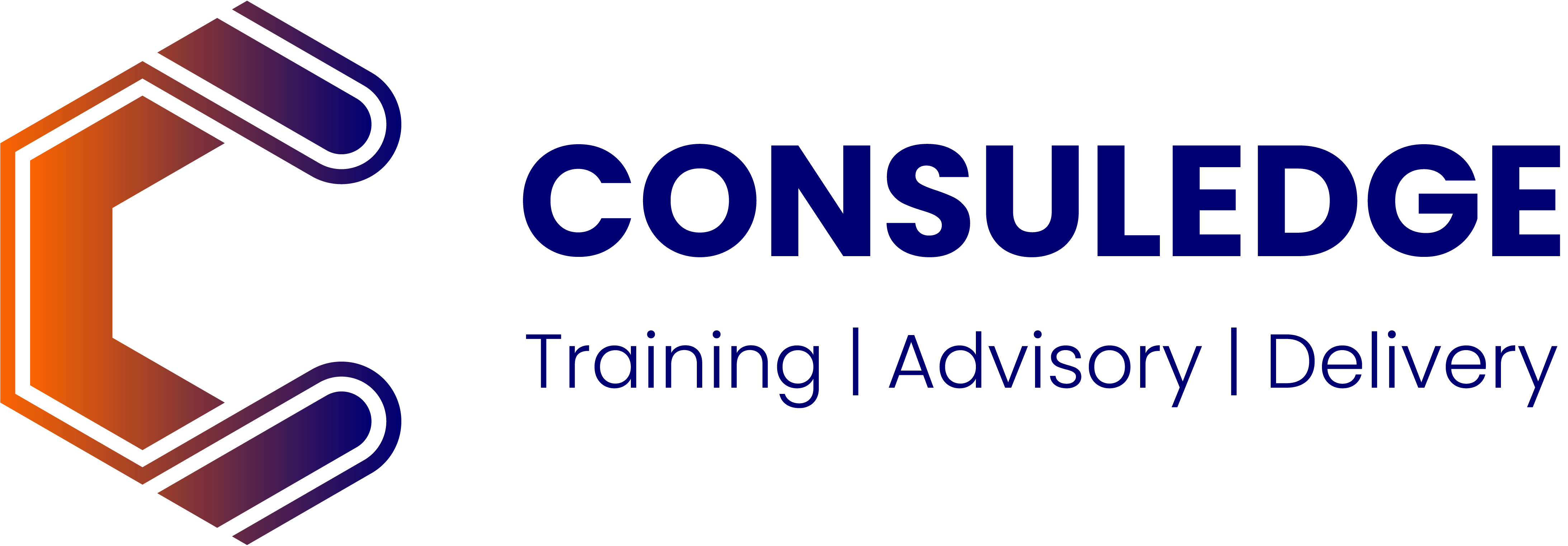
🚨 ALERT: How to Spot Charlatan Consultants and Their Fake Problem-Solving Fixes
“A problem is to reality what an atom is to the table : You experience tables not atoms.” ~ Russell Ackoff

Truth About Problem-Solving in Business
Why Most Business Consulting Advice is Misleading
Search online for “business problem-solving,” and you’ll find countless consultants preaching the 5-Why Analysis or the Fishbone Diagram as the ultimate fix for every challenge. LinkedIn videos flood your feed, offering oversimplified problem-solving techniques that treat complex business challenges as linear, predictable, and easily solvable.
But here’s the truth: business problems don’t exist in isolation. Organizations are open systems—complex, non-linear, and constantly evolving. Applying static frameworks to dynamic environments isn’t just ineffective—it’s misleading.
Some consultants sell anti-complexity thinking, offering cookie-cutter strategies that ignore real-world interconnectedness. The alternative? A strategic approach that recognizes when to absolve, resolve, solve, or dissolve a problem.
The Four Problem-Handling Strategies
- Absolution – When Ignoring a Problem is a Smart Decision
Not every issue demands action. Some problems resolve themselves, shift due to external factors, or become irrelevant over time.
💡 Example: A retail business faces an aggressive competitor slashing prices. Instead of reacting and lowering margins unsustainably, the company waits it out, knowing the competitor’s strategy is unsustainable. Eventually, the competitor folds, and the market stabilizes.
📌 Lesson: Not every fire needs to be put out—some problems disappear on their own.
- Resolution – Managing Problems Without Overcomplicating
Sometimes, a “good enough” approach is the best course of action. Not all problems require radical solutions.
💡 Example: A hospital struggling with ER understaffing opts for restructured shifts and cross-training instead of an impossible hiring spree. The solution isn’t perfect, but it improves the situation significantly.
📌 Lesson: Some problems persist, but proactive adaptation can make them manageable.
- Solution – When Scientific Methods Work (But Have Limits)
In structured, predictable environments, traditional problem-solving frameworks can be useful. But assuming every problem fits this mold is a fallacy.
💡 Example: A logistics company implements AI-driven route optimization to minimize delivery delays. It works—until fuel costs rise and supply chain disruptions force a reassessment.
📌 Lesson: Even well-engineered solutions lose relevance as conditions change.
- Dissolution – Eliminating the Problem Entirely
Rather than applying temporary fixes, dissolution redesigns systems so problems cease to exist.
💡 Example: A company struggling with email overload replaces internal email chains with a real-time project management tool. The original problem vanishes because the system has fundamentally changed.
📌 Lesson: The best way to solve some problems is to make them irrelevant.
Charlatans vs. Complexity Thinkers
Charlatans reduce business challenges to checklists. We understand business challenges are interconnected systems.
Charlatans offer cookie-cutter solutions. We craft strategies tailored to dynamic realities.
Charlatans pretend causality is predictable. We acknowledge complexity and non-linearity.
Charlatans see problems in isolation. We see the mess, the connections, and the context.
Charlatans “solve” problems with rigid frameworks. We navigate uncertainty with adaptable strategies.
📌 Reality Check: Business leaders don’t deal with isolated problems; they deal with messes—interwoven systems of interconnected challenges. Trying to “solve” a mess as if it’s a single problem is like trying to untangle a knotted rope by pulling one strand.
🚨 Before trusting another Fishbone Diagram enthusiast on LinkedIn, ask yourself: Are they simplifying reality or helping you navigate complexity?
Why Consuledge is Different
At Consuledge, we don’t push one-size-fits-all solutions. We recognize that businesses operate in complex, evolving environments where problems require different approaches.
✔ We don’t chase quick fixes—we analyze the interconnected web of issues.
✔ We don’t rely on generic methods—we identify whether absolution, resolution, solution, or dissolution is the best course of action.
✔ We don’t force rigid frameworks—we tailor strategies to your business’s unique context.
🚀 Looking for a consulting partner who understands complexity? Let’s talk. Because real leaders don’t fall for easy answers. They seek wisdom.
Read more:
The Consultancy Racket: How PwC and others turned Australia’s Public Sector into a profit machine




